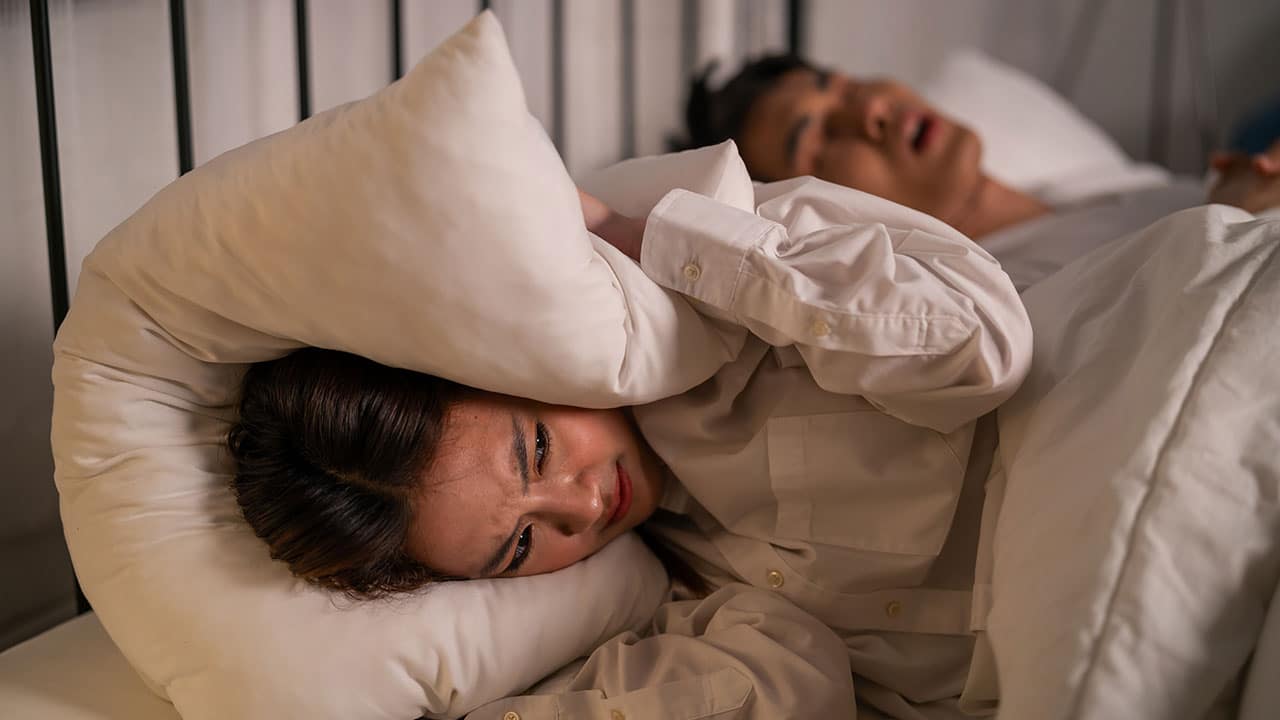
Do Nasal Strips Help With Snoring? A Simple Guide
Have you ever been nudged awake in the middle of the night and told, “You’re snoring again!”? Or perhaps you’re the one doing the nudging. Snoring can be a noisy nuisance in many households, but the solution might be simpler than you think. Let’s talk about nasal strips, those little sticky bands that some people wear across their noses while they sleep. Do they really help with snoring, sleep apnea, or even a deviated septum? Let’s dive in and find out.
What Are Nasal Strips and How Do They Work?
Imagine a tiny spring-loaded strip that sticks to the outside of your nose. That’s essentially what a nasal strip is. They’re made of a flexible, bendable material that, when placed across the bridge of the nose, gently pulls the nostrils open wider. This can make breathing through your nose easier by increasing the space in the nasal passage. It’s like opening a door slightly wider so more air can flow through smoothly.
Do Nasal Strips Help With Snoring?
Yes, nasal strips can help with snoring for some people. Snoring often happens when airflow is restricted through the nose and throat, causing the surrounding tissues to vibrate. By opening up the nasal passages, nasal strips may reduce the intensity of snoring. Think of it as smoothing out a bumpy road so the air can travel more quietly and less turbulently into your lungs.
How About Sleep Apnea?
Sleep apnea is a more serious condition where breathing stops and starts repeatedly during sleep. It’s often associated with snoring but is a more complex issue. Nasal strips may improve snoring in sleep apnea patients, but they are not a cure for sleep apnea itself. People with sleep apnea often need more advanced treatments, like a CPAP machine, which gently blows air into the throat to keep the airways open.
Can Nasal Strips Help With a Deviated Septum?
A deviated septum occurs when the thin wall between the nostrils is displaced to one side, which can make breathing difficult. Nasal strips can temporarily relieve the symptoms by opening up the nostrils and allowing more air to flow through. However, they don’t correct the underlying structural problem of the septum. For long-term relief, seeing a doctor for other treatments might be necessary.
Vivaer Nasal Airway Remodeling
For those who have tried nasal strips but are looking for a more lasting solution to their nasal breathing difficulties, Vivaer Nasal Airway Remodeling might be worth considering. Vivaer is a non-surgical treatment that uses controlled, low-temperature radiofrequency energy to gently reshape the nasal passages, improving airflow without the need for incisions or a lengthy recovery time. This procedure is typically performed in a doctor’s office under local anesthesia, and many patients report immediate improvement in their ability to breathe through their nose. It’s particularly helpful for people with nasal valve collapse, a common but often underdiagnosed condition contributing to nasal airway obstruction.
While Vivaer is not a treatment for snoring or sleep apnea directly, by enhancing nasal airflow, it can contribute to overall better breathing at night and could indirectly alleviate some factors that lead to snoring. If you’re exploring options beyond temporary fixes and want a solution that addresses the structural causes of nasal airflow obstruction, a consultation about Vivaer with the physicians at Capital ENT & Sinus Center could open the door to a new level of breathing comfort.
In Summary
Nasal strips are a simple and non-invasive way to potentially improve your night’s sleep by addressing snoring, and they might offer temporary relief for those with a deviated septum. While they’re not a cure-all for more serious conditions like sleep apnea, they can be a helpful tool in your bedtime routine for a quieter, more restful night.
So, the next time you’re considering ways to address snoring or nasal breathing issues, think about giving nasal strips a try. They might just be the simple solution you’ve been looking for to sail through the night more silently.
If you’re struggling with snoring, sleep apnea, or breathing difficulties, it’s important to consult with an otolaryngologist (a doctor specialized in ear, nose, and throat issues) to explore all your options for treatment and find what works best for you.
The physicians at Capital ENT & Sinus Center have over 20 years of experience treating nasal obstruction and have many options beyond nasal strips to improve breathing issues. Make an appointment today by calling 512-339-4040.
